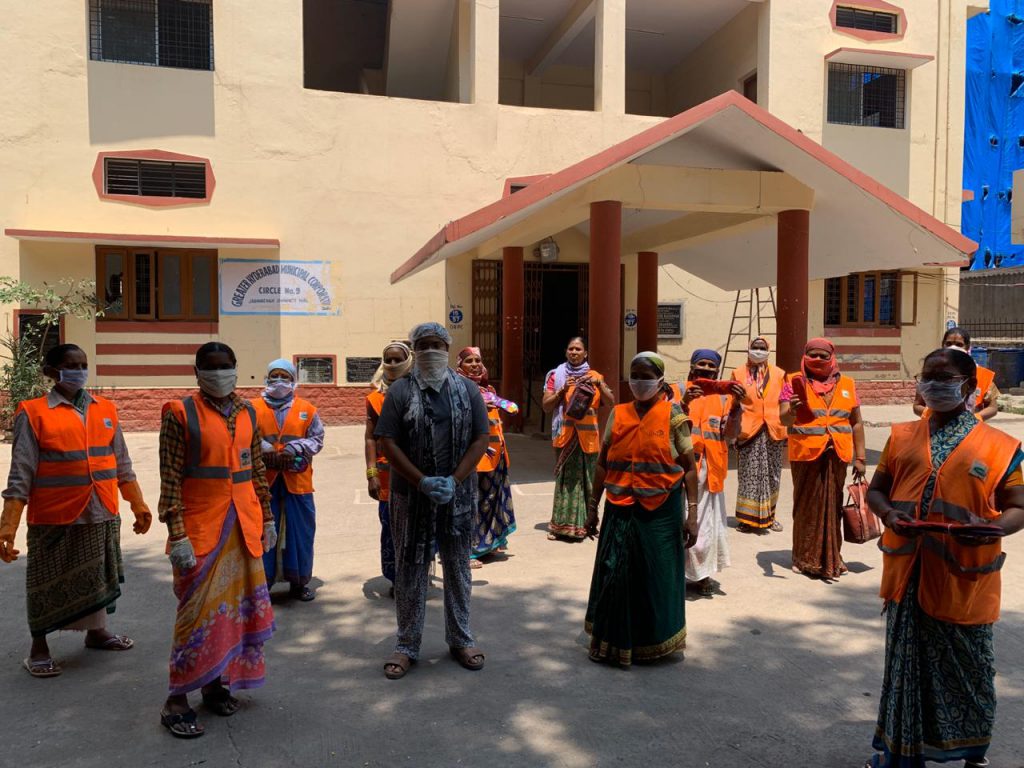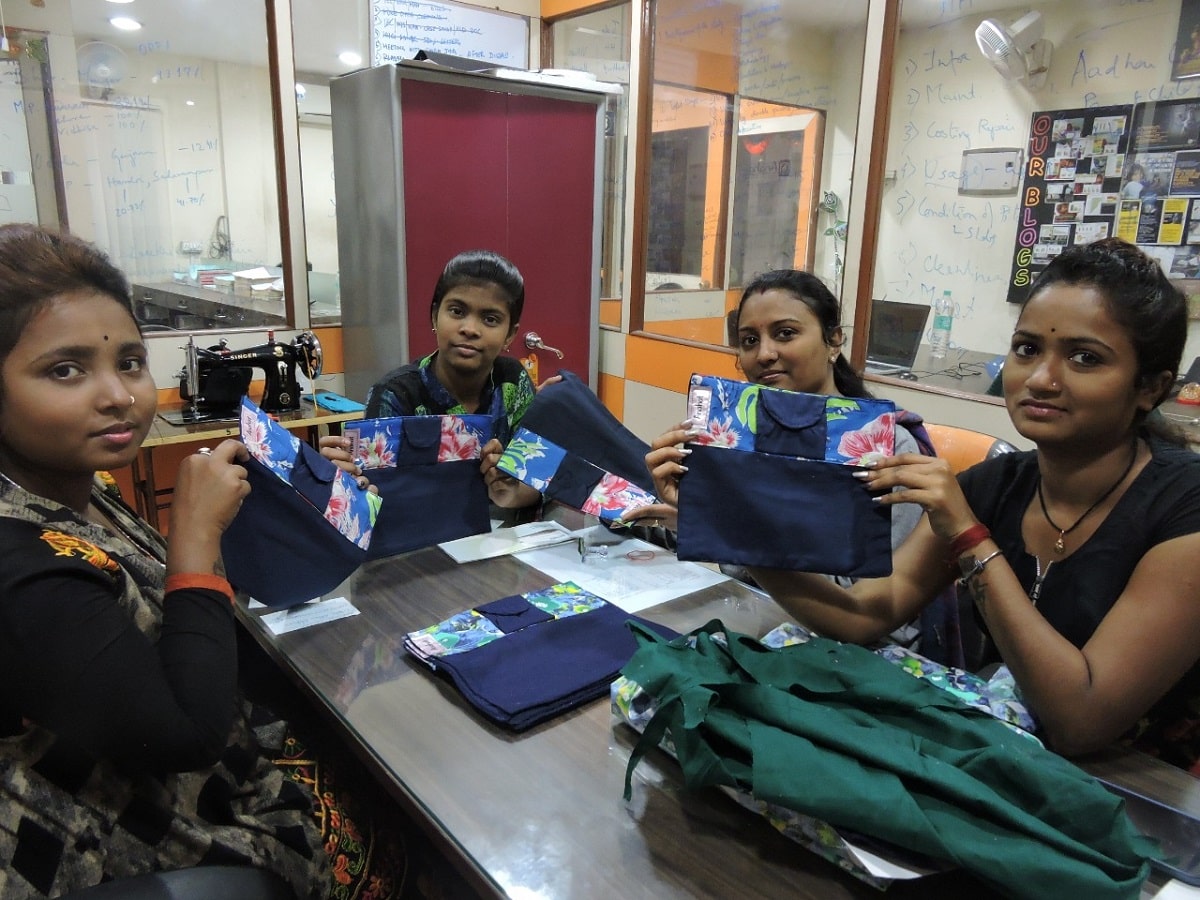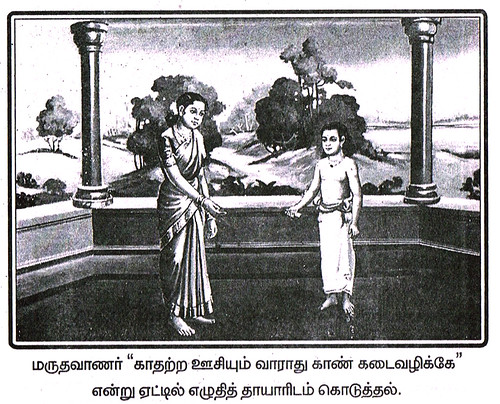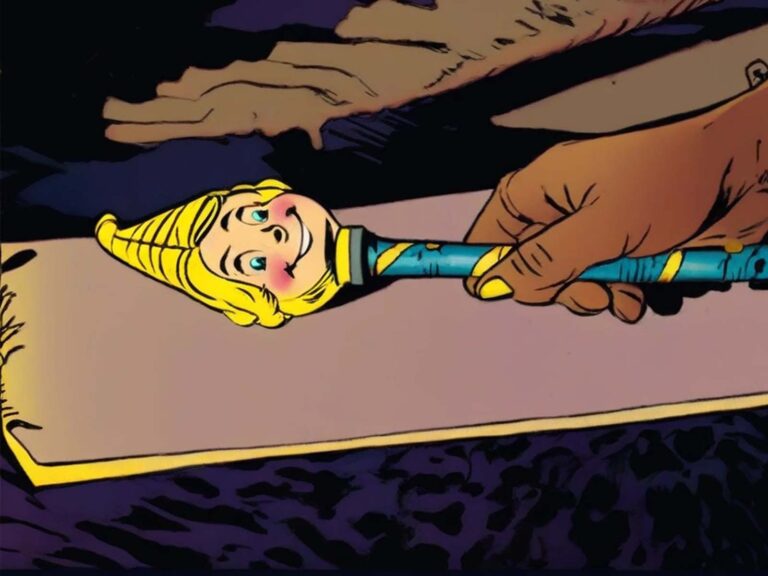Periods don’t stop for a pandemic, nor do we
When one decides to narrow down on a collective and humanitarian purpose, you are on the rough path of working on a drive and passion more significant than yourself. The path is fraught with immense difficulties, perhaps remaining unavoidable by choice. There are very few individuals who call out a problem that has been entangled in the web of orthodoxy since time immemorial. Especially in times of crisis, the conviction of such an individual is put to an ultimate test.
Under this months’ long unprecedented lockdown, the markets are bereft of the most basic sanitary products like disposable pads and tampons. Yet the necessity for having sanitary napkins does not find its place in the pyramid, which comprises three essential needs of life “roti, kapra, aur makan.” However, a target to distribute at least 50000 cloth pads i.e., 15000 menstrual kits in two months across villages in India with one package consisting of three pads in collaboration with several local non- governmental organizations, is somehow underway and saw the light of the day.
Spearheaded by a city girl from Calcutta, who started a menstrual hygiene awareness organization named Paint it Red last year and launched the campaign Bleed in Peace, the idea is to distribute reusable sanitary cloth pads among poor women. It is a battle on several fronts for both Paint It Red and its associate partner Anahat Foundation, an NGO that works on women’s health and child safety. They are working in unison in the rural belts of India to distribute menstrual kits. They have also received grants from the German consulate to distribute kits to women in Bengal.
Ananya Chhaochharia, aged 24, has successfully raised about Rs 4 lakh through crowdfunding and personal donations to distribute 2,000-odd menstrual kits. Each kit contains three reusable, washable pads costing approximately Rs 250. They plan to work in and around Calcutta and other Indian cities through NGOs that work within communities. Many women were worried about livelihood and could not afford to buy pads. Upon hearing the stories of women reusing dirty commercial pads or reverting to homemade alternatives such as scraps of cloth during the lockdown, Ananya was appalled but even more determined to work.

“Many women don’t even realize that menstruation is not a matter of choice, but part of the natural process,” Ananya said. She remains unfazed, leading to the distribution of 5,000 kits across the country.
On a casual day in 2019, she was traveling through rural Bihar on a job assignment when she started menstruating out of schedule and could not find sanitary pads in nearly 250km. She describes it as a slap on her face opening her eyes to the reality which permeated most of her country.
She remained focused on sustainability throughout the tough times when she was instrumental in transforming the process of making a pad as leak-proof and each pack, thereby containing a user manual. It became the only source of livelihood for so many women from marginalized communities during the lockdown. An attribute of a woman’s anatomy is looked down upon with disdain and disgust as a sign of weakness. The breeding unjust ignorance of this sort- treats a natural process as a taboo creating irreparable confusion, and riddles for convenience.
The math has broadly been done by the organization, which is such that only 54% of women in India use menstrual products. The economic and social restrictions of the pandemic further aggravate period poverty. It increases health risks for menstruating women, especially migrant workers, daily wage earners, young mothers, and trans-people. There is a looming threat of increased risks in the form of vaginitis and urinary tract infections, which arises from cloth pads. The situation is accentuated by just a little proportion, which is 15% of women who use commercial sanitary protection, 85% of women largely use home-based products for menstrual hygiene. Commercially produced pads are made up of 90% of plastic, resulting in each individual producing 200 kgs of plastic by mere usage of plastic made pads. The cost of using these sees a spike from Rs. 250 up till Rs. 850 in a year itself. However, team Paint It Red works on the logo of 1 Menstrual Cup having a life of 10 years amounting to Rs. 399.
The demography they cover is immensely diverse, stretching from the western corner to the east side of the country. Transcending from production, distribution to workshops for menstrual awareness for teen and underprivileged girls, it breaks down barriers and shackles of accessibility, and lack of education. The organization and its leader stand tall on a strong foundation of conviction for change that cuts across deep personal and obstinate beliefs.
Bleed in Peace also has a crowdfunding fundraiser on http://impactgu.ru/37bPs6








???
Very well written.We can sacrifice other things, but periods don’t stop because of a pandemic.Non-availability of sanitary pads poses a risk of infection among females.As a teacher I have been also receiving distress calls from my students.Great work done by some of the human beings. Hats off to them. Great job dear.